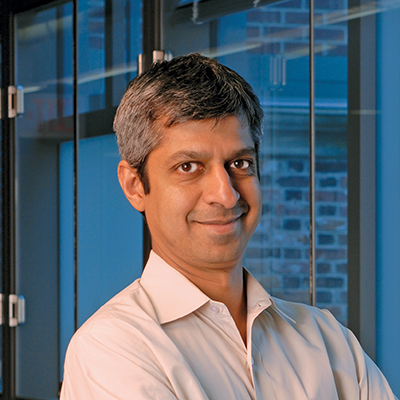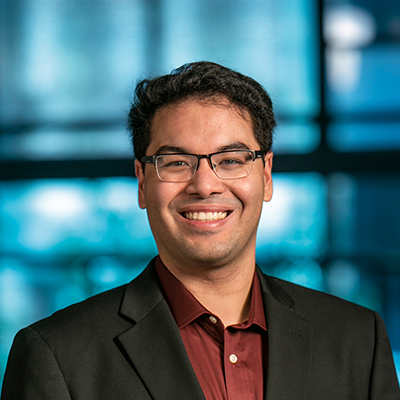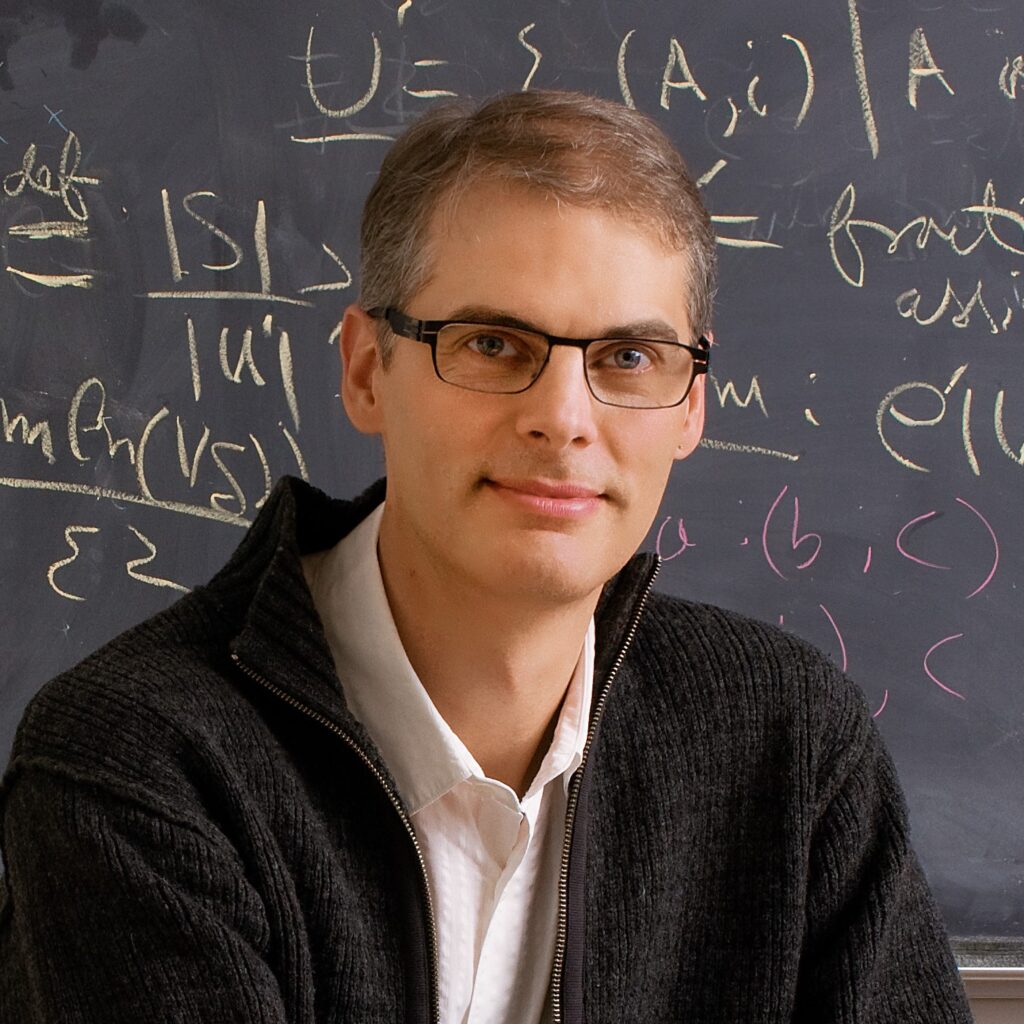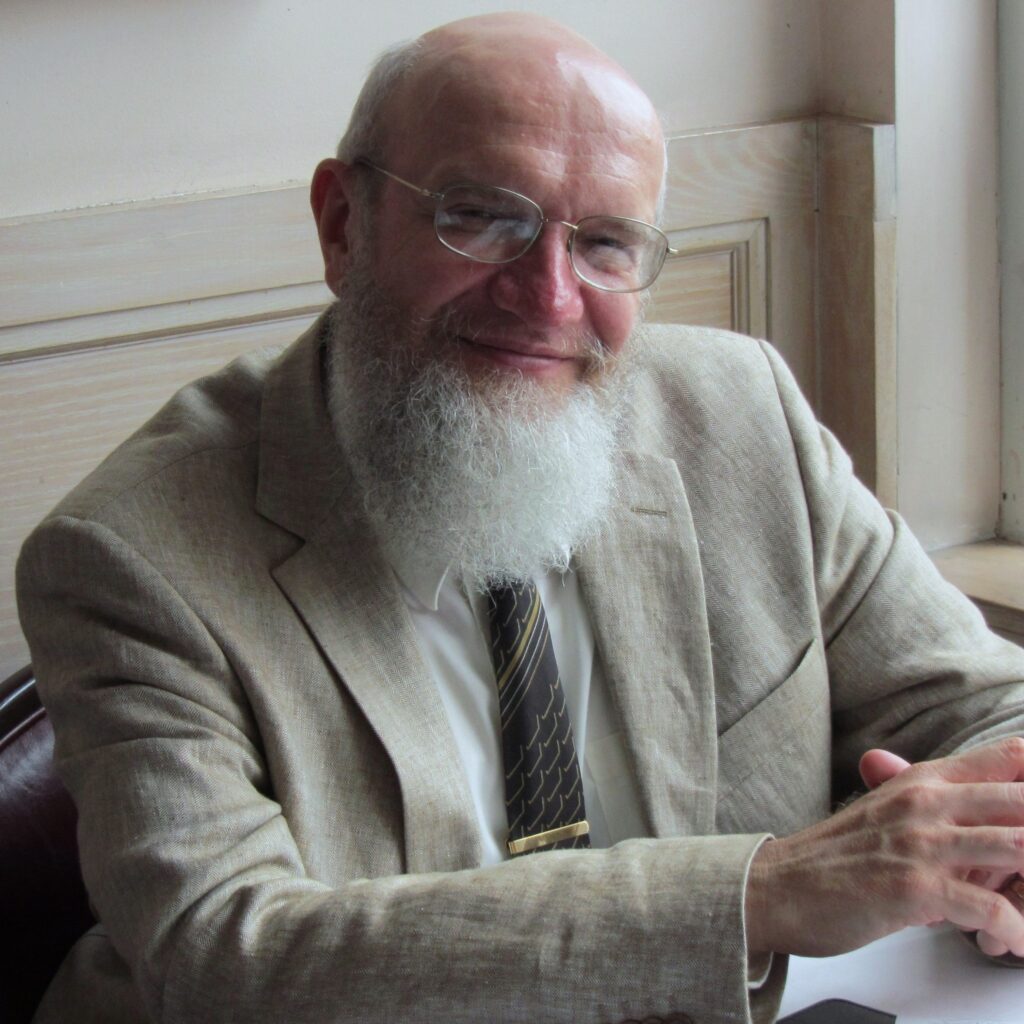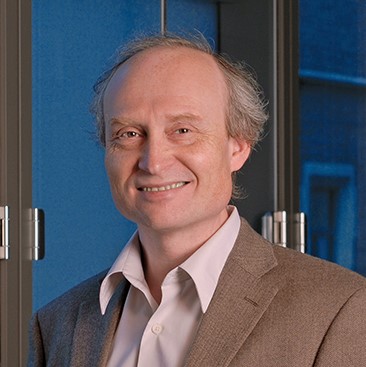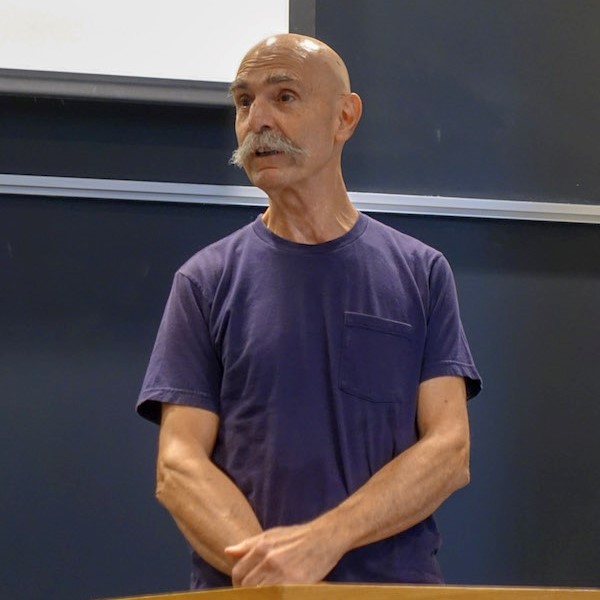Formal Methods and Logic is a research area dedicated to using mathematical models and logical reasoning to ensure the correctness, reliability, and security of computing systems. In this field, formal methods provide precise techniques for specifying system behavior, allowing developers to describe what a system should do with mathematical rigor. These methods are essential in the development of critical systems, such as those used in aviation, healthcare, and finance, where the consequences of errors can be severe.
A key aspect of this area involves formal verification techniques like model checking and theorem proving. Model checking systematically explores all possible states of a system to verify that certain properties hold, ensuring the system behaves as intended in every possible configuration. Theorem proving, on the other hand, uses logic-based proofs to verify that a system adheres to its specifications. These methods help identify potential errors early in the design process and provide strong guarantees of correctness.
At the heart of Formal Methods and Logic is the use of logical systems like propositional logic, first-order logic, and temporal logic to model and reason about computation. These logical frameworks enable precise reasoning about sequences of events, concurrency, and system states over time. Proof systems and type theory are also critical tools, ensuring that programs and systems behave according to their specifications. By applying these methods, researchers and engineers can build more secure, reliable, and verifiable systems across various domains.

